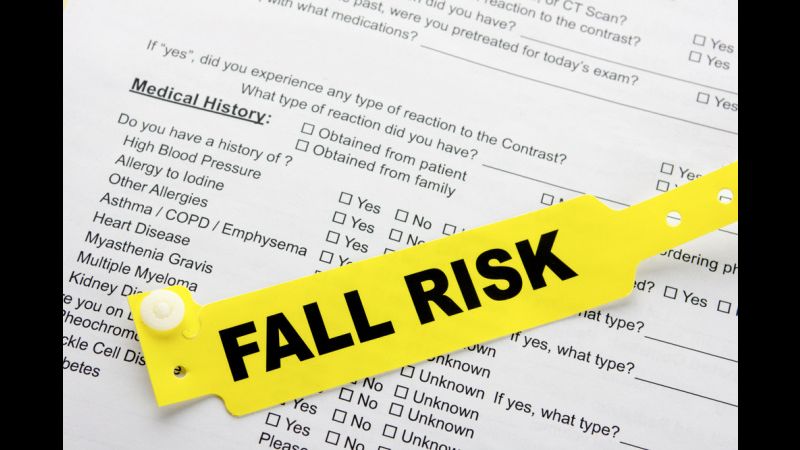With the advancement of technology comes a great abundance of information that is readily available at our fingertips. Simply Google any topic out there and you’re bound to find numerous, yet often conflicting, information and statistics about that one topic. Fall risks at home is one such topic.
There are many fall risk myths out there, and it’s important to disseminate the truth – especially since falls are the number one cause of fatal and nonfatal injuries in older adults.
Top 8 Myths Debunked
When doing research online, it is important to find reliable sources like the National Council on Aging, an organization which outlined the truth behind some of the most commonly distributed fall risk myths:
- Experiencing a fall is a normal part of aging. Although nearly 12 million older adults experience a fall every year, it is not something normal that happens as you age. There are plenty of actions you can take to reduce your fall risk, such as strength and balance exercises and getting rid of safety hazards in your home.
- Limiting my activity will decrease my chances of falling. We know it seems counterintuitive, but limiting your activity actually increases your chances of falling. That’s why staying physically active is so important as you age – it helps you maintain an independent lifestyle by strengthening your muscles and flexibility. Even social activities can be good for your health.
- My home is a safe haven – I won’t fall there. A startling 60 percent of falls happen in the home. Luckily, many of the typical safety hazards found within your home can be resolved with simple and affordable solutions.
- Muscle strength and flexibility can never be regained after a certain age. It’s true that we lose muscle as we age, but that doesn’t mean it is lost forever. Exercising on a regular basis can help restore strength and flexibility, both of which affect your likelihood of falling and how well you are able to recover from a fall.
- Taking medications doesn’t affect my fall risk. Depending on the individual and the medication consumed, your fall risk may increase. Common side effects of medications include dizziness or drowsiness, so be sure to talk to your doctor about these side effects and any alternative medications you could possibly take.
- I can wait another year to get my vision checked. Getting your vision checked annually is an important step in preventing falls. Those with vision impairment are more than twice as likely to experience a fall, so always be sure to update your prescription eyeglasses.
- Using a walker or cane won’t help me. Even though people may think walkers or canes make them more dependent, the opposite is true: they can actually maintain or improve mobility. Consult a physical therapist first so the walker or cane is fitted to you and so you know how to properly use it.
- There’s nothing my family members or doctors can do. Less than half of older adults who experience a fall talk to their healthcare providers about it, but family members and doctors want to support you in maintaining your mobility and independence while ensuring your safety.
An important note for caregivers: Never be afraid to confront your loved one if you are concerned about his/her risk of falling. Offer your support by helping them maintain as much independence as possible while promoting their safety. It’s understandable that you don’t want to hurt their feelings, but your loved one’s safety is your top concern.


